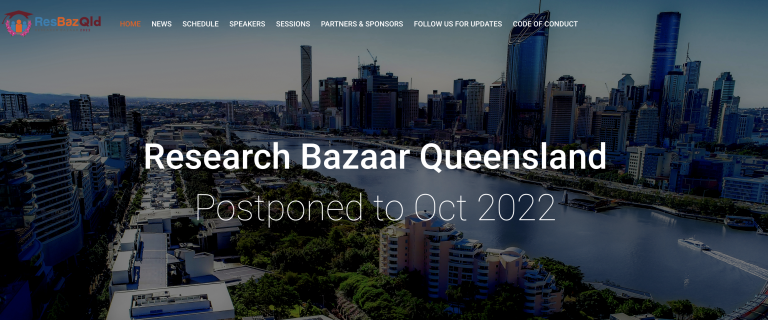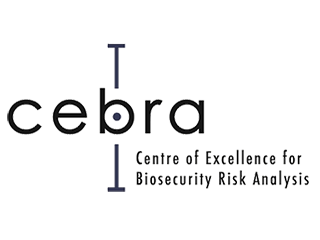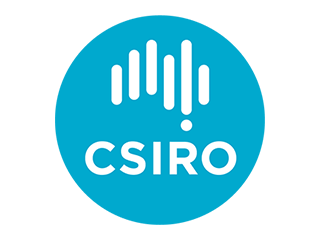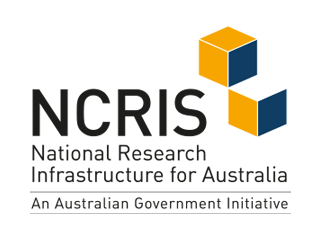Improve your digital literacy at ResBaz 2022, Delayed until October, EcoCommons delivering Intro R workshop
Research Bazaars are held throughout the world to help promote digital literacy. At the ResBaz in Brisbane, there will be workshops where HDR students and early career researchers will be able to learn how to code in R, Python, to access data from the ATLAS of living Australia or a variety of other research skills. EcoCommons will lead a workshop that will improve your computational skills by showing you how the statistical program R can be used for data analysis and visualisation in Ecology.
This workshop is suitable for early career researchers, undergraduates and ecologists who have a keen interest to learn how to code in R while harnessing the power of cloud computing to solve environmental challenges. This course is very suitable for researchers, students and practitioners who have no or little R experience and coding skills and have the desire to learn how to use code within the cloud-computing resources of EcoCommons. It is also well suited for people who would like to refresh their coding skills in R.
The course starts with some basic information about the R syntax, the RStudio interface, and moves through how to import CSV files. We will also show you the structure of data frames, how to deal with factors and how to add/remove rows and columns. By the end of the workshop participants will have an overview of how to run their R code in the EcoCommons cloud environment and how to use the R package {tidyverse} to manipulate and visualise their data. In particular, we will demonstrate how to use the functions ‘select’ and ‘filter’ to manipulate your data and how to use the ‘pipe operator’ for more complex data manipulation in combination with ‘summarise’, ‘group_by’ and ‘count’ for quick summary statistics. At the end, we will show you how to visualise your data using different plots in the R package {ggplot2}.
This workshop is based on the Carpentries course: https://datacarpentry.org/R-ecology-lesson/













